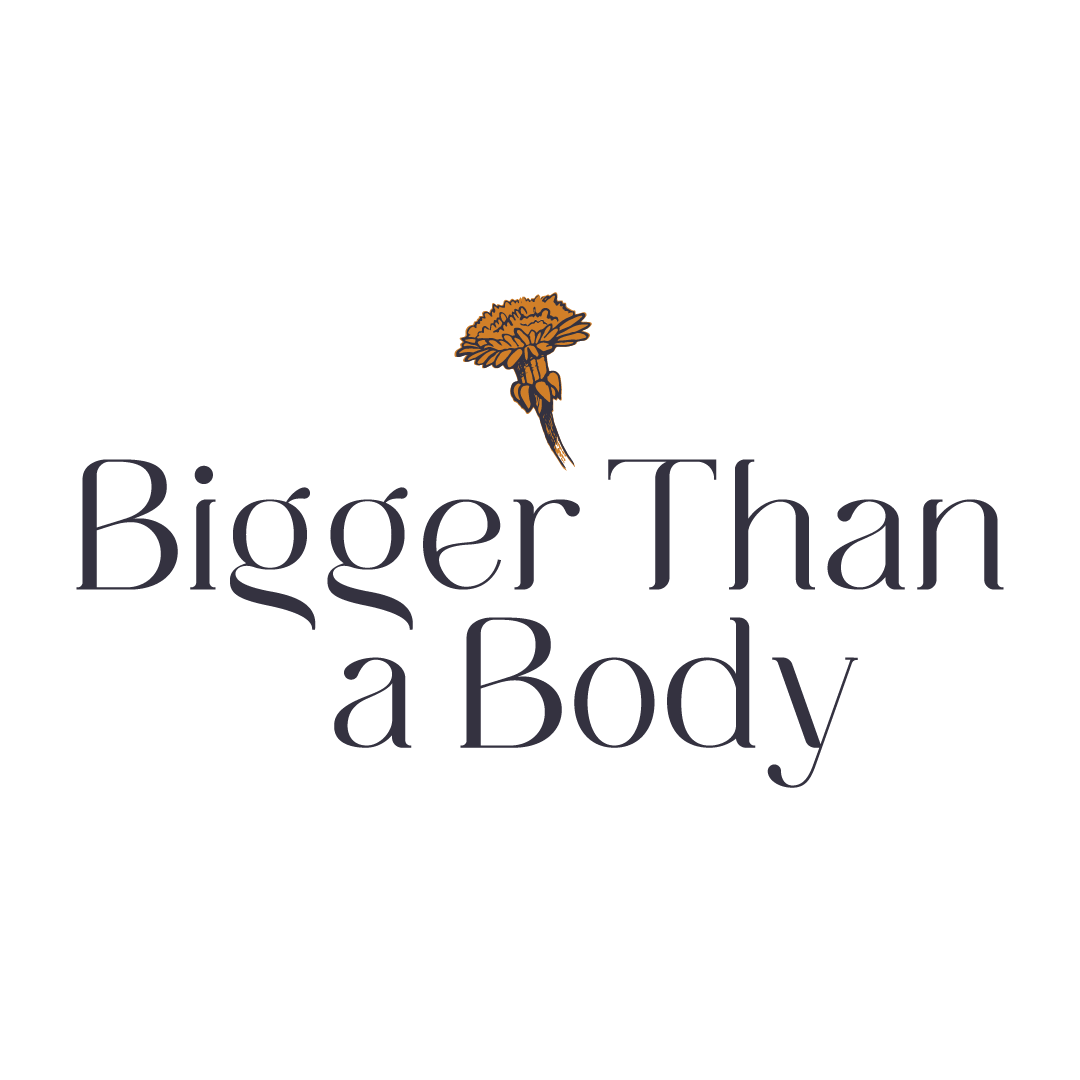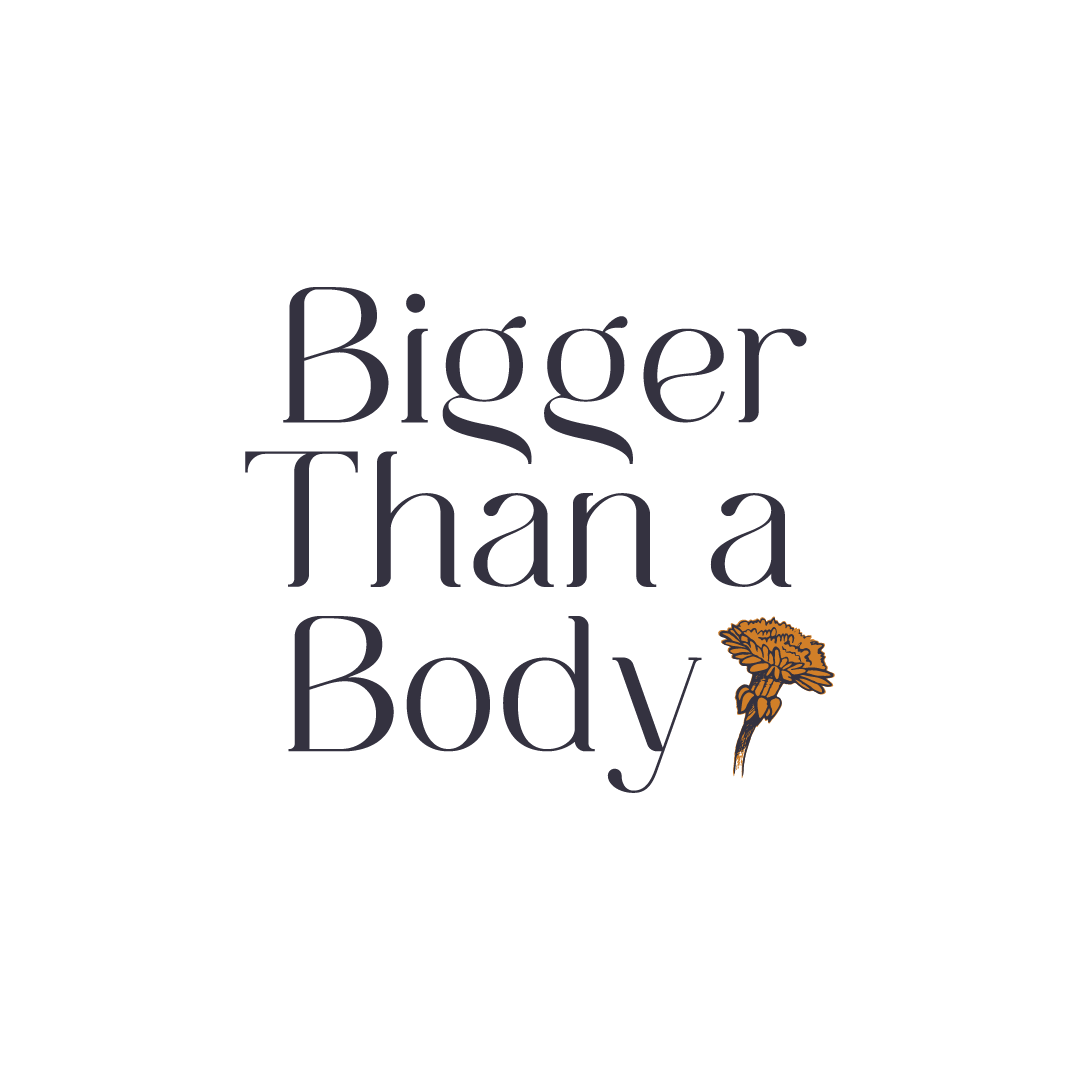Seven Instagram Accounts to Follow for Better Body Image
How social media influencers helped me overcome my eating disorder and the role they play in my work as a recovery coach
From left to right, images from videos on Instagram produced by: Mik Zazon at @mikzazon, Tiffany Ima at @tiffanyima, and Zach Miko at @zachmiko.
Without question, social media (and unequivocally Instagram) is guilty of provoking widespread body dissatisfaction, body dysmorphia, and an onslaught of disordered eating and exercise behaviors. However, when curated a certain way, the media platforms often known to hinder us can, astonishingly, embolden us to start viewing our bodies in a healthier way.
My own experience using Instagram as a recovery tool
The final phase of my recovery from a 14-year-long battle with bulimia revolved around body acceptance (accepting one’s body regardless of satisfaction with it) and body neutrality (basing the value of one’s body on what it can do rather than what it looks like).
Body shape and size are not symbols of one’s worth, beauty, or identity.
While a huge piece of me wished for the slight jiggle in my thigh or the size of my waistline to hold no bearing over my happiness and self-worth, my unrelenting ego overshadowed any hope I had of reaching that point.
Knowing I used Instagram, my recovery coach at the time suggested I seek out social media influencers who could relate to my body image struggles and lean on their content to propel me closer to a body-neutral state. I remember thinking, “Wow, use social media as a recovery tool? That seems ass-backward.”
The trick, I learned, was to siphon out the “bad” and suction in the “good.” I deleted the accounts that served no positive purpose in my eating disorder recovery and sought out new ones that made me feel seen and supported.
Somewhat to my surprise, a daily dose of content from my hand-selected repository of anti-diet, health at every size (HAES), and body-positive creators gave me an extra jolt to stay on track and remind me that my shape and size are not symbols of my worth, beauty, or identity. While maybe not the driving force behind my eventual recovery, following and connecting with these influencers undoubtedly fueled my progress.
Today, as a certified eating disorder and disordered eating recovery coach, I suggest this same practice of feed curation to my own clients (those who I know are on social media) to aid in their own recovery journey.
I keep in mind that poor body image does not isolate itself to a specific type of human. Whether you’re fat or thin, cisgender or transgender, Black or Asian, democrat or republican, or carnivore or herbivore, you can suffer from extreme body hate or dissatisfaction. For this reason, I maintain a diverse library of influencers and base the accounts I recommend to my clients on their individual struggles, experiences, and identity.
The seven Instagram accounts I most commonly suggest my clients follow
Mik Zazon — @mikzazon
Eating disorder survivor, writer, speaker, and creator, Mik Zazon is on a mission to Normalize Normal Bodies™ by inspiring body positivity, self-acceptance, and raising awareness around EDs and mental health. She has a youthful, brazen spirit and is not shy to exercise her First Amendment right. I utterly adore her.
Lexie & Lindsay Kite, PhDs—@beauty_redefined
Twin sisters and co-authors of More Than a Body: Your Body is an Instrument, Not an Ornament, Lexie and Lindsay Kite promote positive body image not as believing your body looks good, but as “knowing your body is good, regardless of how it looks.” They educate their followers on ways to build body resilience and reconnect with themselves on levels that go far beneath the skin.
Tiffany Ima—@tiffanyima
For people who are deeply burdened by their body image, achieving body neutrality seems like a dream, though a healing and attainable one. Tiffany Ima sets higher standards for herself. She prefers a mindset of full-on body confidence, choosing to love her body both for what it can do and how it looks.
“After all the healing work I did to see myself as beautiful, I have no desire to feel neutral about myself,” she says. “I believe that I am absolutely beautiful and that women who look like me are beautiful.”
Zach Miko—@zachmiko
Zach Miko is more than a cute name. His glass-half-full attitude and goofball character make you wish you could befriend him beyond your computer screen. Aside from being really good at putting a smile on your face, Zach is also a model, actor, designer, and founder of Meekos—a big and tall swimwear line. In all of his efforts, Zach debunks the myth that male sex appeal has anything to do with washboard abs and bulging biceps.
Bri Campos—@bodyimagewithbri
Bri Campos describes herself as a fat-positive, HAES, body image educator who believes grieving your body for all the ways it brings you pain, distress, or sorrow is a stepping stone toward body acceptance. She posts about the ins and outs of body image, self-esteem, diet culture, and self-love, with the ultimate hope of changing the conversation from being around diets and rules to acceptance and freedom.
The BodCon—@thebodcon
There is no one face behind The BodCon because it exists to represent us all. While, at its core, The BodCon is an annual virtual conference series centered around all things body confidence, body positivity, and self-love, its nearly year-round posts are worth giving it a follow if you’re looking to feel more worthy in your skin.
Ashlee Bennett, AThR she/her—@bodyimage_therapist
Ashlee Bennett is one smart, talented, and accomplished cookie. In addition to the sage wisdom she so eloquently shares as a body image consultant and the beautiful drawings and paintings she creates as an art therapist, Ashlee has so much to offer our fragile world.
Though I haven’t personally read it, she also wrote The Art of Body Acceptance: Strengthen Your Relationship with Yourself Through Therapeutic Creative Exercises as a mode of helping people make amends with their bodies through art. If you’re looking to unlock your creativity through your healing journey, Ashlee is your person.
Honorable mention: Celeste Barber—@celestebarber
You’re not going to get heartfelt affirmations or body grieving posts from Celeste Barber, but you are guaranteed to get a good laugh or a thousand. As a professional comedian, her approach to what she knows to be a very heavy, distressing subject matter is to lighten the mood with humor, mockery, and poking a little fun at herself.
Still, the underbelly of Celeste’s platform sends the overarching message that body shaming has no place in society, and she'll do everything in her corky, charismatic power to dismantle it.
Will following a few Instagram accounts really transform your relationship with your body?
Relying solely on social media to solve any of life’s problems is likely a recipe for disappointment. However, when used in conjunction with other resources like talk therapy, recovery coaching, and self-help books and podcasts, I can attest for myself and countless others that these influencers can guide you to a place of body acceptance, body neutrality, and even (for the like-minded Tiffany Ima folk) body confidence.
This also holds true for people who don’t have a completely destructive or debilitating relationship with their body. You may simply experience a lousy body image day from time to time or scoff at the absurd beauty standards that we’re all forced to reckon with, so a little exposure to normal people in normal bodies could also serve you well.
I would be remiss to say that if you aren’t already on social media, you should join solely to follow a handful of Instagram accounts. I’m sure you have respectable reasons for choosing to steer clear of the social chatter, and I do not wish to cause any disruptions. Alternatively, many of the influencers I listed above have their own books and websites, so perhaps seek those out, instead.
One last thing—unfollow any account that makes you feel inadequate in your body. You’ll still have the inevitable diet and fitness ads to swiftly scroll past, but the better you curate your feed to include content that validates your body, the more likely you are to start viewing it as uniquely, magnificently, and unconditionally yours.



